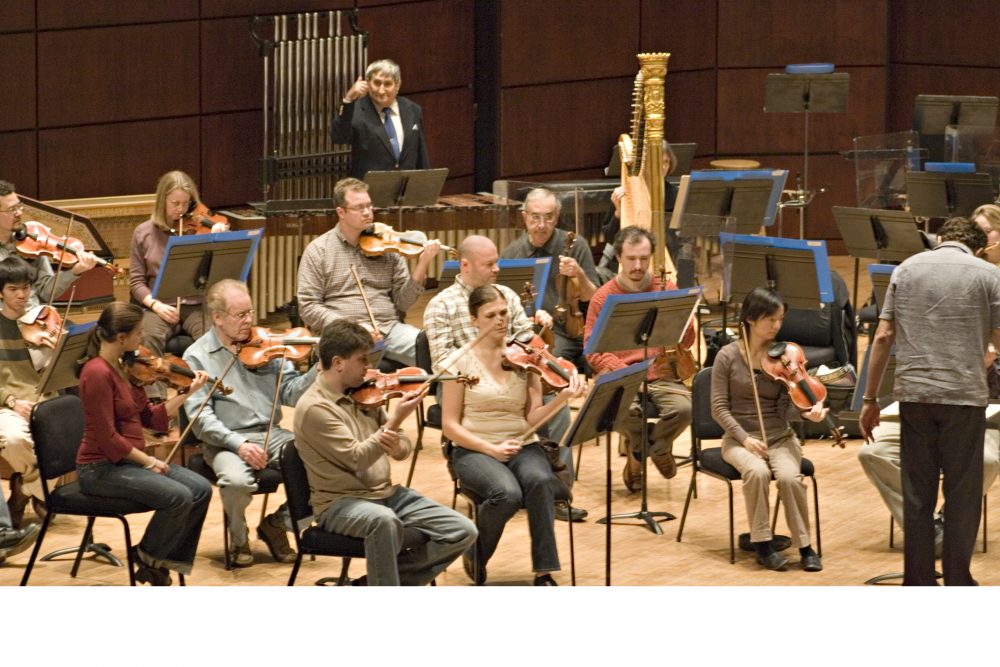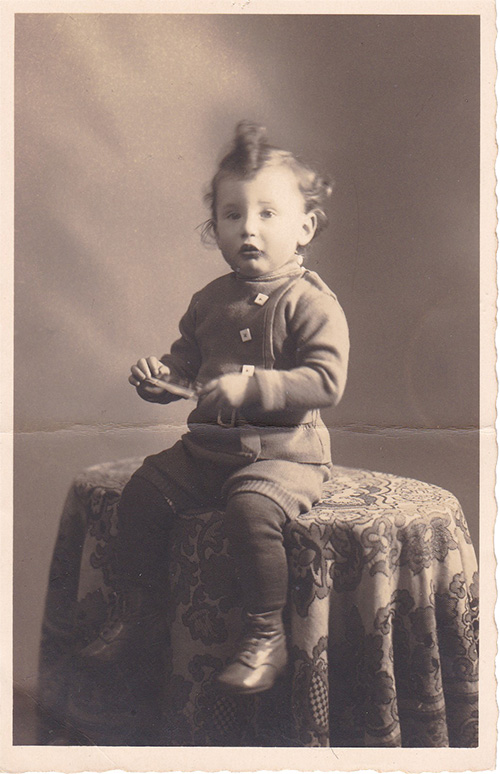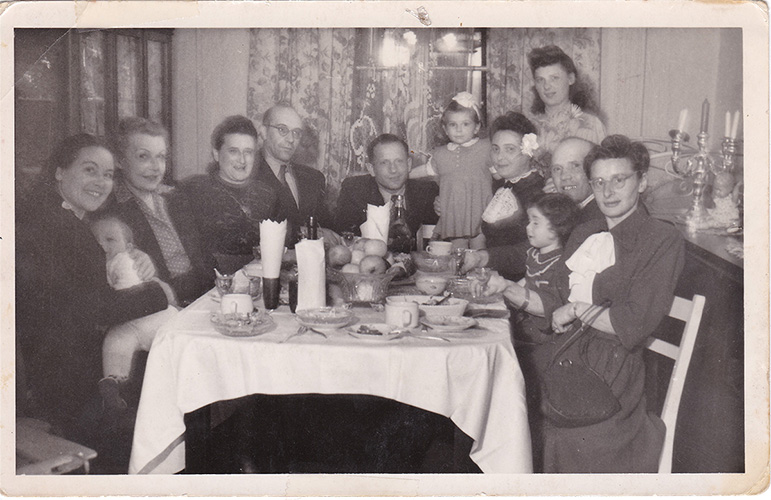
The Music Maven
By: Becky SeitelVisit Jack Bass at home and you’ll think you just entered a music library. Classical music plays softly in the background; ivory busts of Beethoven, Liszt, Chopin, and Paderevski sit quietly on the bookcase; and almost 1,000 pieces of music fill every nook and cranny.
“I was listening to Brahms’ music when I was three years old,” he says. “I love music. It’s so powerful that I can’t imagine a single day without it.”
The Germans also recognized the power of music. At each of the extermination camps, the Nazis created orchestras of prisoner-musicians. Auschwitz, for example, had six orchestras, one of which contained more than 100 musicians.
“The musicians’ job was to motivate their fellow prisoners by playing as they marched to and from work each day,” he recalls. “I remember hearing The Merry Widow as I marched to my job of building an airport.”
Sadly, many musicians were also forced to play and watch helplessly as their friends and families were led to the gas chambers. It’s no surprise that the suicide rate among musicians was higher than that of most other camp workers.
However, for many victims of Nazi brutality, music was an important way of preserving and asserting their humanity. Brundibar, a children’s opera, was written by a Jewish Czech composer, Hans Krása, and librettist, Adolf Hoffmeister, in the ghettos of Prague. It remains today as a musical icon of the Holocaust.
Jack is pictured with the Alabama Symphony Orchestra.


